Why Autoimmune Diseases Happen
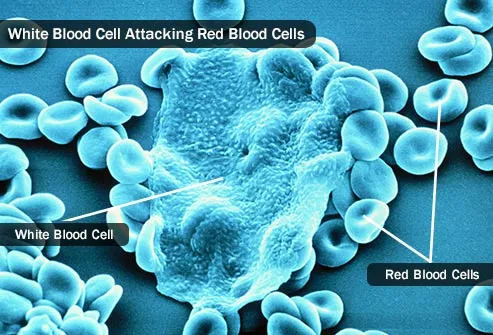
Your immune system fights off harmful germs and other things that shouldn’t be in your body. Sometimes, though, something goes wrong and it attacks healthy tissue like it’s a threat. That can lead to inflammation and damage to joints, nerves, muscles, skin, and other parts of your body.

Researchers think two things have to happen for you to have an autoimmune disorder. First, you get genes from your parents that make you more likely to have one. Then it’s triggered by something in your environment, like a virus. Because more women are affected than men, doctors think certain hormones may play a role.
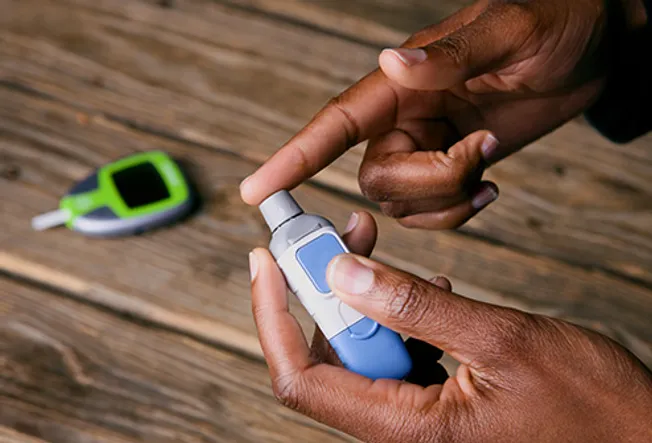
This used to be known as the “juvenile” type of diabetes because it usually starts in children or teens. It happens when your immune system kills the cells in your pancreas that make a hormone called insulin that your body needs to change food to energy. If you have type 1, you’ll always have it, but you can manage it by watching your blood sugar levels and giving yourself insulin when you need it.
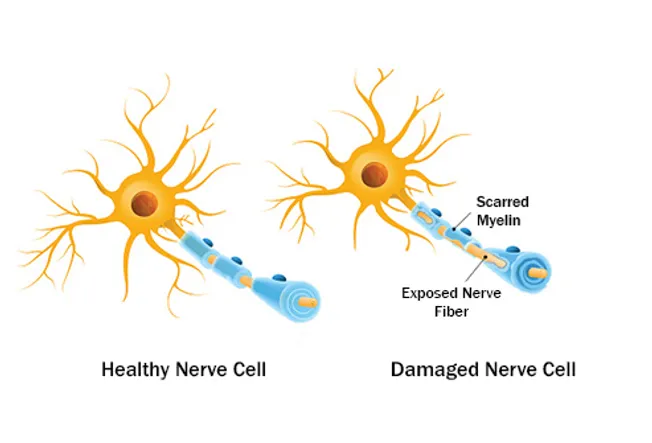
When you have MS, your body’s defenses misfire and cause inflammation that damages your central nervous system. Scar tissue builds up along the network that carries nerve signals from your brain to other parts of your body. This causes pain, problems with movement and balance, and weakness. Medicines can help with your symptoms and may slow down the illness.
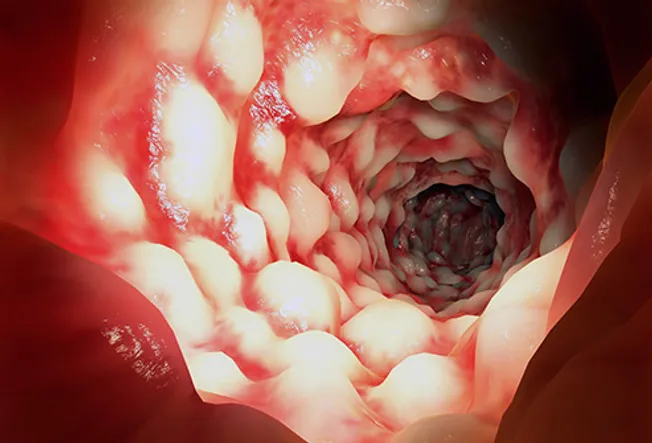
Crohn’s disease and ulcerative colitis (UC) are kinds of IBD. Your body’s defenses attack your intestines and cause inflammation, belly pain, and bleeding. Crohn’s disease usually happens in the last part of your small intestine and your colon, while UC is in the lining of your colon. Treatment includes anti-inflammatory drugs, antibiotics, and medicine to slow your immune system. Surgery is another possibility. It can often get rid of UC, but Crohn’s disease is likely to come back.
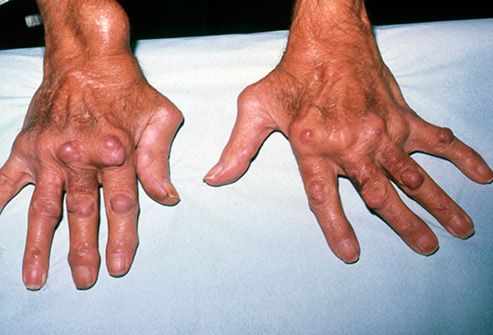
This autoimmune disorder affects your joints and causes swelling and pain. Over time, inflammation can damage your cartilage and bones, and you can’t move them as well. RA also can cause problems with your heart and lungs. Medications can help with symptoms and slow the disease down.
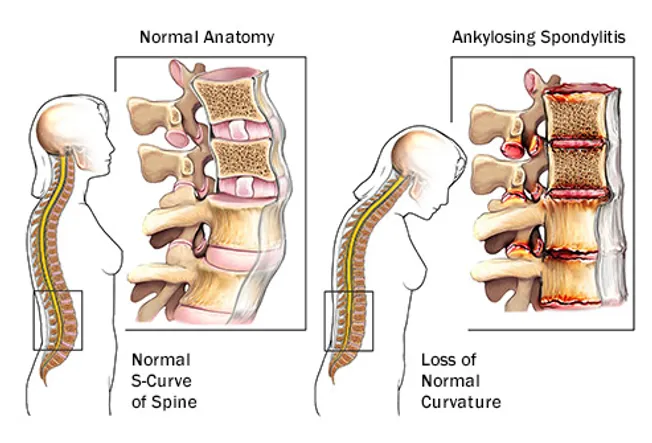
This type of arthritis mostly affects your spine, but it also can be in your chest, neck, hips, and knees. It causes pain and stiffness. Your bones might eventually join together and make it hard for you to move those areas. It can affect your organs, too. Your treatment might include specific stretches and exercises along with medicines to help with pain, DMARDs, and steroid shots. You also might need surgery to replace damaged joints.
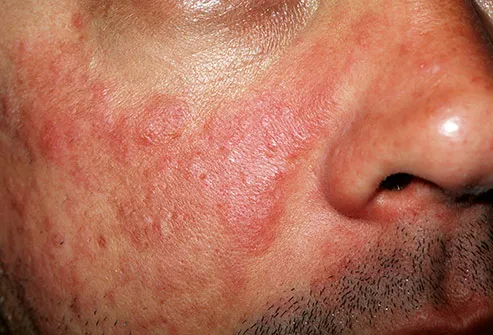
This illness affects several parts of your body at the same time. Symptoms include joint pain, sensitivity to light, kidney problems, and being very tired. You also might have a rash over your cheeks and nose. Nonsteroidal anti-inflammatory drugs (NSAIDs) and steroids can help you feel better, and disease-modifying antirheumatic drugs (DMARDs) may keep it from getting worse. If your symptoms are really bad, your doctor may suggest medication that slows down your immune system or chemotherapy (a combination of several powerful drugs).
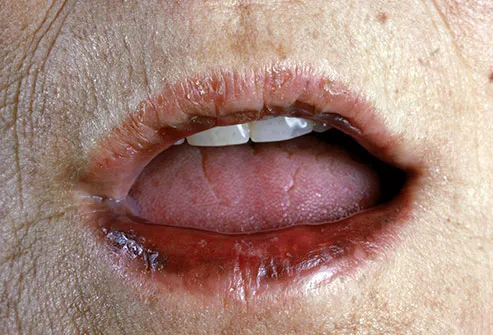
Your adrenal glands sit on top of your kidneys. When your immune system attacks and damages them, they can’t make enough of certain hormones. When that happens, your body can have trouble changing food into fuel and keeping your blood pressure stable, among other things. Early signs of Addison’s disease can include fatigue and patches of skin that are darker than the areas around them. To treat it, you’ll take medicine to replace the hormones you’re missing.
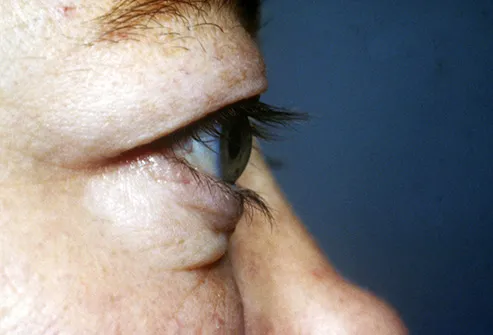
Your thyroid gland makes hormones that help your body work in lots of ways. With this autoimmune disease, it makes too much of those -- a condition called hyperthyroidism. Symptoms include shaking, weight loss, anxiety, and slightly bulging eyes. Drugs can slow down the hormones. Your doctor may also suggest surgery to remove part or all of the gland.

If your thyroid doesn’t make enough of the hormones it’s supposed to, it can lead to this illness, also called chronic lymphocytic thyroiditis. It can make you gain weight, be more tired than usual, be sensitive to cold, and make your hair fall out, among other issues. You may notice that the front of your throat is swollen or your face is puffy. Medicine can replace these hormones and ease the symptoms.
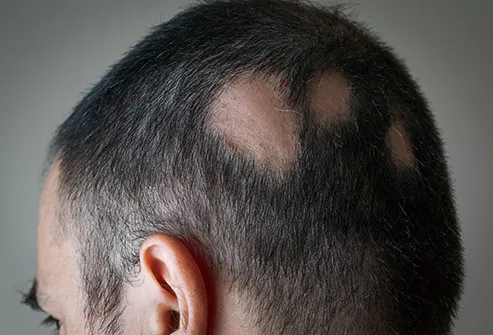
When your body attacks the follicles where your hair grows, they may shrink and stop working. That can lead to bare patches or a total loss of hair on your body. Medicine can calm your immune system and may help hair grow back.
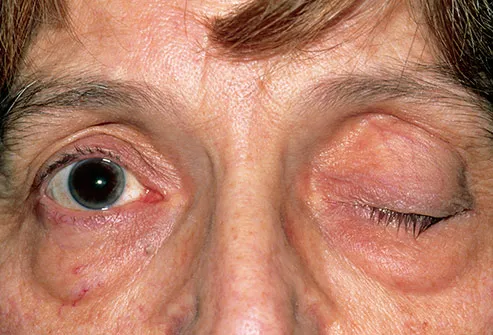
This disorder causes problems with the signals between your nerves and muscles. That leads to weakness and makes it hard to control certain movements. You might notice eye problems first, and it can affect your facial expressions and how you talk, swallow, and chew. Drugs can help, or you could have surgery to remove the thymus gland, which may play a role in this.
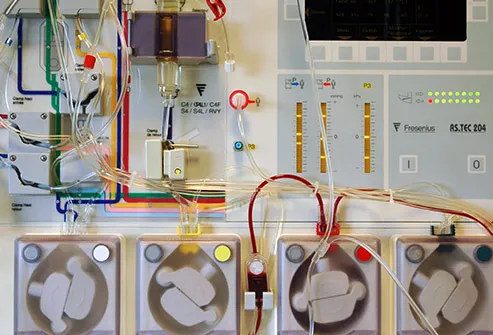
When you have this condition, your body attacks your nerve network. Your arms and legs may be weak and tingly, and you might not be able to feel heat or pain. Your doctor may recommend a procedure called a plasma exchange. This is when your blood is taken out and the liquid part of your blood (called plasma) is removed, then the blood cells are put back.
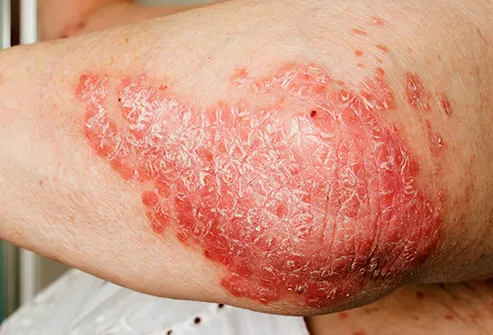
This condition starts when your body’s defenses trigger inflammation and make your skin cells grow too fast. They rise to the surface before they’re fully developed. This causes thick, red patches that might itch or feel sore. It’s treated with creams or ultraviolet light that ease symptoms, or with medicine that calms your immune system.